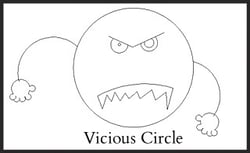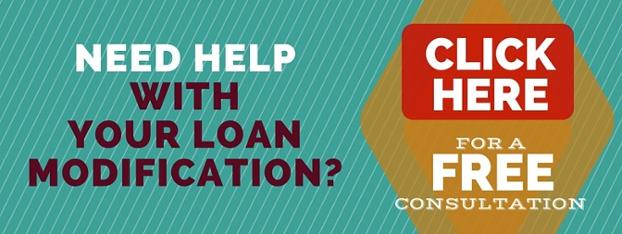 If you guessed that people experiencing foreclosure or the threat of it have a higher incidence of physical and mental health issues including suicide and trips to the emergency room, you guessed right. That's no surprise given the stress of potentially losing your largest investment, moving your family, and having your credit negatively affected. However, you may not have guessed that having an illness is the reason some people go into foreclosure in the first place.
If you guessed that people experiencing foreclosure or the threat of it have a higher incidence of physical and mental health issues including suicide and trips to the emergency room, you guessed right. That's no surprise given the stress of potentially losing your largest investment, moving your family, and having your credit negatively affected. However, you may not have guessed that having an illness is the reason some people go into foreclosure in the first place.
A 2014 study shows that people who had a chronic health condition that worsened as they aged were twice as likely to default on their mortgage and more than two-and-a-half times as likely to fall into foreclosure than people with a chronic condition that did not get worse over time.
The study found that people who got sicker were more likely to lose their job, their income, and health insurance, which made foreclosure more likely. Most people can't make their mortgage payment for long if they don't have a job, no matter the reason for losing it.
And people with a chronic condition who didn't lose their jobs were still at increased risk of defaulting on their mortgage loan. It's thought this is caused by the high medical costs accrued when treating a chronic condition.
No matter what you think the solution is or isn't, the reality is inescapable: healthcare is expensive, and it can cause you to go into foreclosure. It's something that's already happened to many people, and will happen to plenty more.
Even if you don't go to the doctor and rack up huge bills, you're still probably going to miss some work when you get sick. And if you're one of the 43 million workers who does not get paid sick leave, missing work means missing out on money.
 Health and financial problems often perpetuate each other. You experience a medical problem that costs a small fortune and keeps you out of work, which depletes your savings and causes you to fall into foreclosure. The stress of foreclosure and financial issues makes health problems worse, which makes getting back to work and staying out of foreclosure even harder. It can be a vicious circle that's hard to pull out of.
Health and financial problems often perpetuate each other. You experience a medical problem that costs a small fortune and keeps you out of work, which depletes your savings and causes you to fall into foreclosure. The stress of foreclosure and financial issues makes health problems worse, which makes getting back to work and staying out of foreclosure even harder. It can be a vicious circle that's hard to pull out of.
Medical bills are the number one reason people file for bankruptcy protection, but there are reasons that make having a financial hardship in today's environment even more likely to cost you your home.
Negative Equity
Although home prices have regained much of the value that they lost after the housing bubble burst, about 13% of Americans still owe more on their mortgage than the home is worth. That's called negative equity or being upside down or underwater. And more than double that amount are in effective negative equity, which means they don't have enough equity to sell the home and make a down payment and pay closing costs on another property.
If you have negative equity and get sick and can't afford your mortgage payment, you can't sell the property unless you get the bank to agree to a short sale. Even then the bank can sue you for the deficient amount if you don't get them to waive their right to do so.
Lack of Savings
Far too many people have no savings at all or not enough to endure an emergency that costs $1,000 or less. Many people's savings were wiped out by previous hardships. And, while the cost of living continues to go up, wages have been the same for a long time. The Great Recession may be over, but its effects continue to be felt by millions of Americans. When people with no savings or sick leave have a medical issue, the problem can quickly snowball out of control and lead to default or foreclosure.
Loan Modification Solution
There is a way to reduce your mortgage payment and keep your home following a hardship. It's called a loan modification. A loan modification involves permanently changing at least one of the terms of your mortgage, such as the interest rate, term length, and amount of principal owed to bring the monthly payment down to an affordable portion of your income. Demonstrating a valid hardship, such as a medical problem, is a requirement for approval for a loan modification.
Not everyone will be eligible for a loan modification, but there are no costs to apply, no closing costs, and no credit checks. It's the only hope many homeowners who've had a health problem or other hardship have for keeping their home with a more affordable payment and ending the cycle of health, financial, and housing problems.
If you think you could benefit from a loan modification, no matter what your hardship is, don't delay applying. The federal government's Home Affordable Modification Program (HAMP) is set to expire at the end of 2016 and there's no guarantee it will be renewed. Most people who apply for a loan modification on their own are denied, so your best bet is to work with a qualified professional who understands the process and can give you the best chance of getting approved.
Image courtesy of stockimages at FreeDigitalPhotos.net










